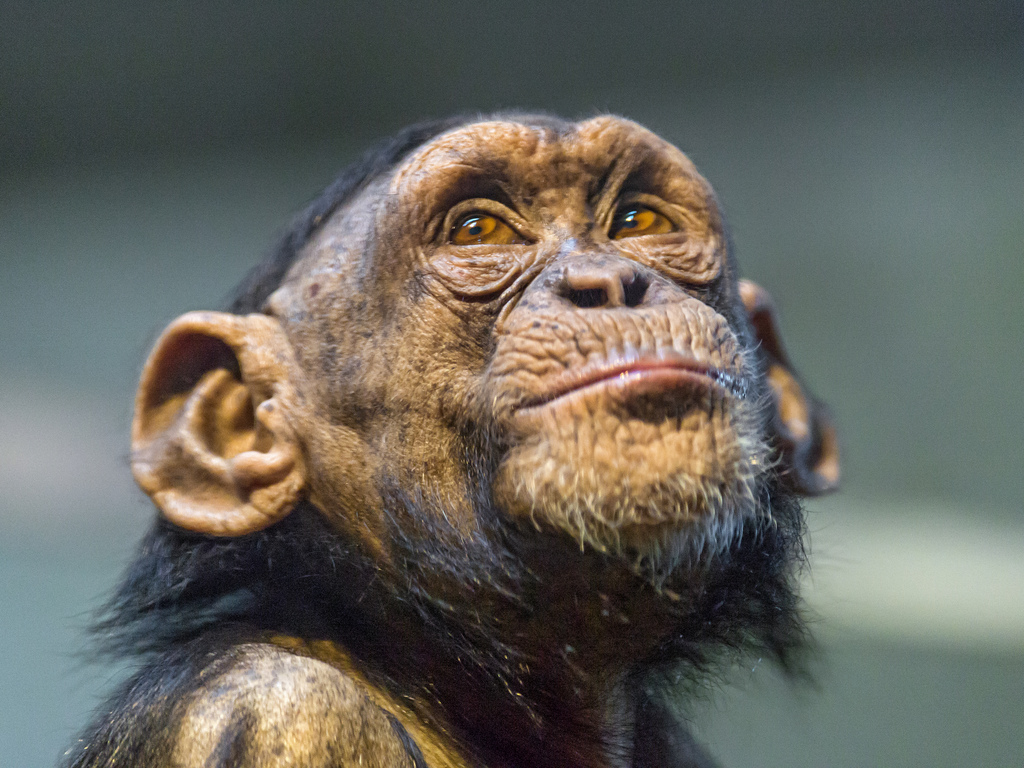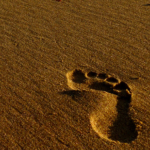BBC Earth
Image: Tambako the Jaguar
About 5,500 years ago, one group of humans invented something truly revolutionary: the wheel. Almost overnight news of the innovation spread far and wide, and wheels appeared virtually simultaneously in Europe, the Eurasian steppes and the Near East.
In fact, wheels became popular so quickly that some archaeologists say we can’t be sure exactly where the wheel was invented – although Mesopotamia seems like a good bet.
According to Eva Reindl at the University of Birmingham in the UK, stories like this tell us a lot about what makes us human. Surprisingly, it’s not that humans worked out how to make wheels that’s important – it’s the fact that other populations quickly caught on and copied the idea.
Reindl and her colleagues say that other great apes are different. By and large a chimpanzee, gorilla or orangutan won’t copy another ape’s inventions. Each ape, says Reindl, learns for itself how to solve a problem. These species lack our cumulative culture – they are constantly reinventing the wheel.
This raises a question, though. If humans rely so much on a culturally accumulated body of knowledge that they access by imitating others, have we lost the ability to invent our own solutions to basic problems?
When it comes to learning how to crack a tough nut with a wooden tool, for instance, are chimpanzees actually smarter than we are precisely because they know how to experiment for themselves? Reindl and her colleagues decided to find out. Read more on the BBC Earth website…








